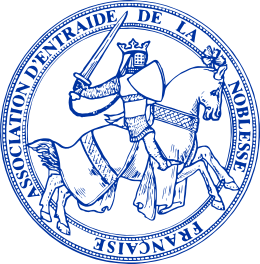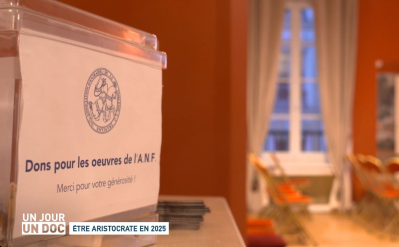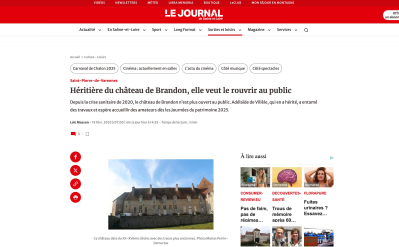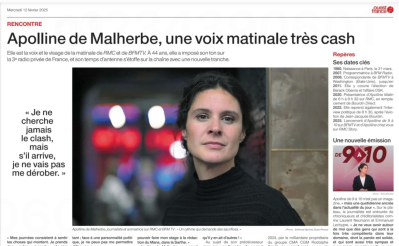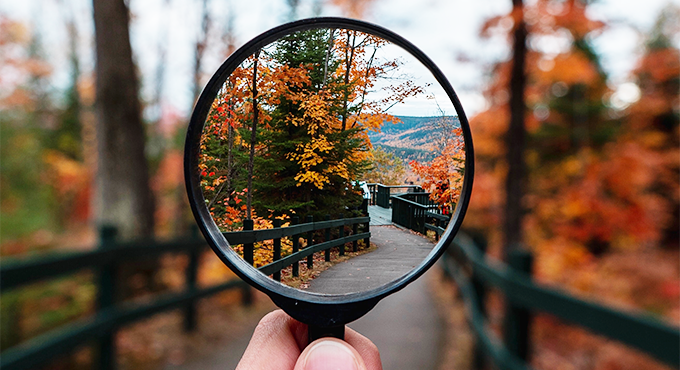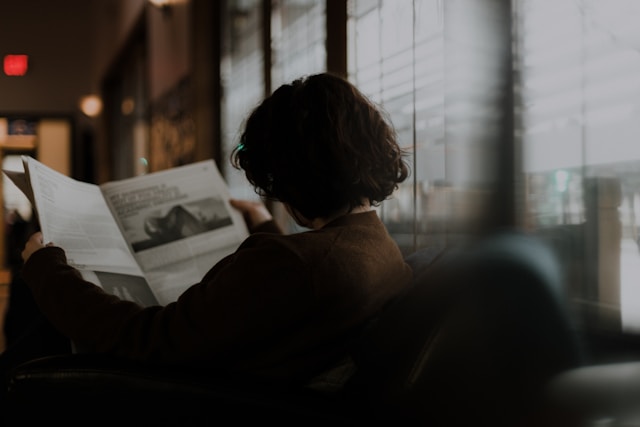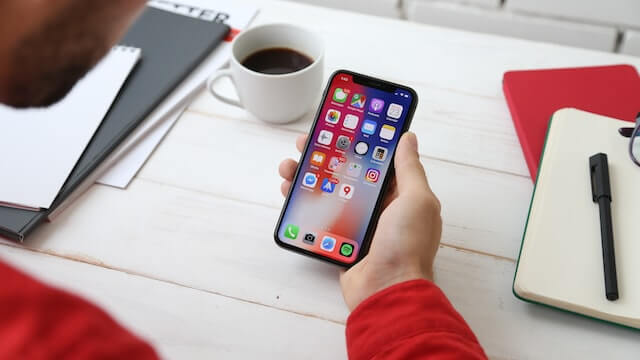News
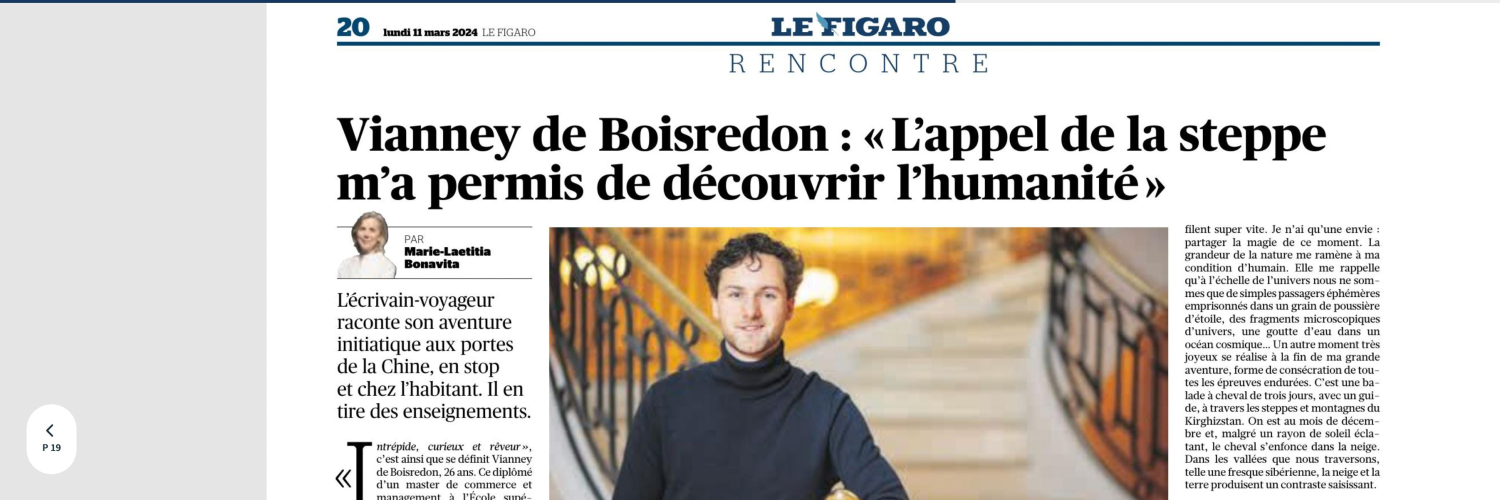
Le Figaro: "Vianney de Boisredon: "The call of the steppe helped me discover humanity"".
PORTRAIT The writer/traveler recounts his initiatory adventure at the gates of China, hitchhiking and staying with locals. He draws some lessons from it.
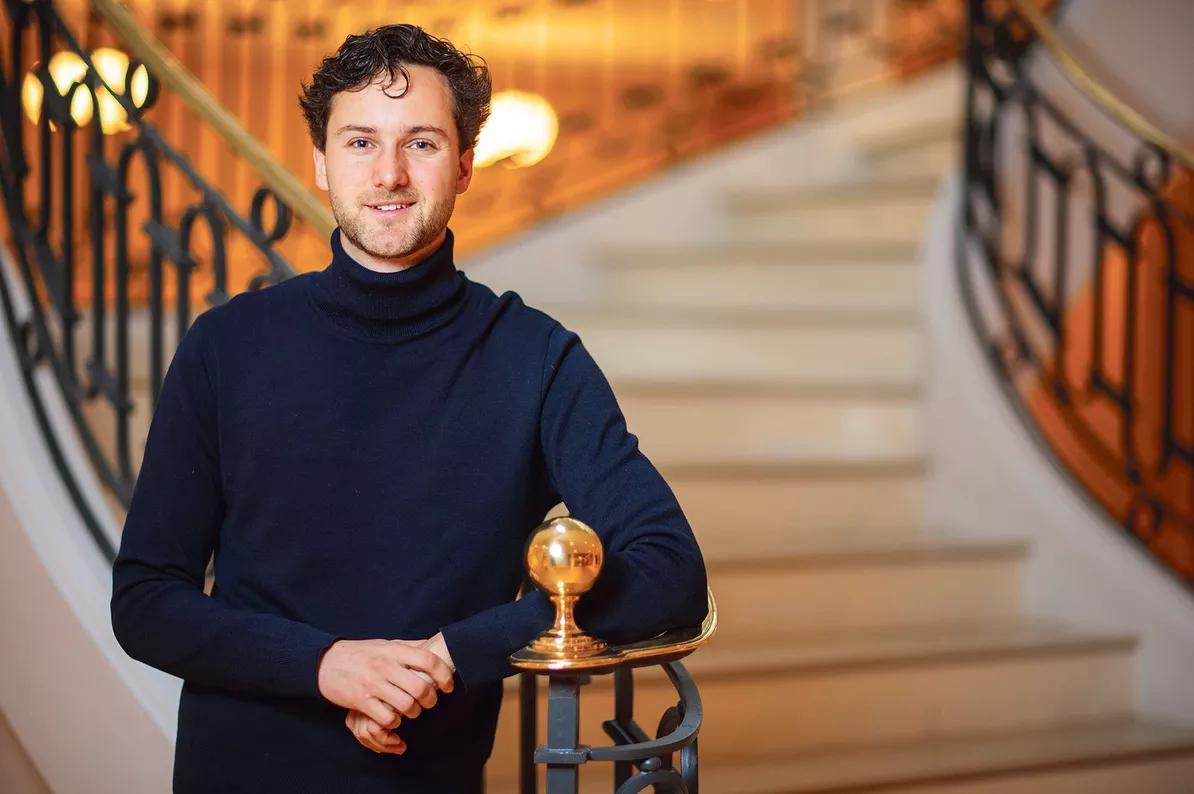
"While I think we have to accept that some people continue to fly, I'd like to show that it's possible to experience some very beautiful things without resorting to it," stresses Vianney de Boisredon.
François Bouchon / Le Figaro
"Intrepid, curious and a dreamer" is how 26-year-old Vianney de Boisredon defines himself. This graduate of the Ecole Supérieure de Commerce de Paris (ESCP) with a master's degree in business and management loves adventure. After crossing the Atlantic Ocean from Mexico to France in a sailboat, exploring Central America and Southeast Asia on foot or motorcycle, last year he set off alone for Central Asia. He recounts this "human adventure" in Steppe by steppe (Flammarion).
LE FIGARO. - "Inspired by the wind of a promise, I'm contracting Marco Polo syndrome ," you write about your big departure in September 2022. Is that right?
Vianney de BOISREDON. - Central Asia - Kazakhstan, Uzbekistan, Tajikistan and Kyrgyzstan - has long fascinated me. In my higher education, I studied politics, philosophy and economics, but I know very little about these great spaces that have been so important in history. I wanted to see how these peoples live today, in an approach similar to that of the Swiss writer/traveller Nicolas Bouvier, in his story L'Usage du monde, which I had slipped into my rucksack before my departure. So I set off along the Silk Road, once used by caravans and now mainly by Chinese trucks to supply neighboring countries. This strange call of the steppe, hitchhiking and staying with locals, took me 15,000 kilometers in three months.
Weren't you hampered by the geopolitical situation in certain countries?
To get from Georgia to Kazakhstan, I had to take a small plane for 35 minutes, reluctantly violating the route I'd set myself. I found myself at an impasse. To the south, Iran is subject to the risk of arbitrary arrests by the Islamic regime, and Turkmenistan, a communist country, is difficult for tourists to reach. To the north, Russia no longer issues visas because of the war. To the east, Azerbaijan has closed its land borders because of Covid and its conflict with Armenia. To the west, Turkey, which isn't exactly heading in the right direction, had just forbidden me to set foot there for two years...
Tell us about it...
As I was about to leave Turkey for Georgia, I found myself at the Sarp border post. There, the police told me I couldn't leave the country, as my passport didn't have a stamp proving that I had entered the country, in this case from Greece. No doubt, between my fatigue and my impatience to get to Istanbul, I had forgotten to present myself at the control office when I got out of the truck. So here I was, considered an illegal migrant. Trying to negotiate with Google Translate, I'm chased away from the border post under threats. After a good night's sleep, exceptionally spent in a hotel to regain my strength, I decide to try another border post, in the north-east of the country. After two days of self-stop, I found myself in front of more Turkish policemen who wouldn't listen... Until a Belgian-Turkish traveler, who spoke French, managed to persuade them. In the end, I was able to cross the border without even paying a fine, but in return I was banned from the country for two years.
Did you have any other moments of doubt on this trip?
Surprisingly, I had them right from the start of my trip. If, when I left France, I felt a sensation of freedom and lightness, I was soon disillusioned. When I arrived in Italy, I discovered that hitchhiking was not at all part of the country's culture, and was even forbidden on the freeways. And to make matters worse, the weather was absolutely disastrous. Waiting in torrential downpours for hours on end was extremely demoralizing. I kept telling myself: "You've still got almost 15,000 km to go before you face the steppe winter, you'll never make it." Another ordeal was the loneliness I felt in Turkey, driving for hours on end in a truck through the immense semi-desert areas of Anatolia, which are certainly beautiful, but very monotonous. I said to myself: "What are you looking for? What's the point of this trip?" Luckily, the happy moments came quickly!
What were they?
In Georgia, I was taken for a ride by two very friendly young trekking guides. After welcoming me into her home, one of them offered to take me for three days into the Caucasus mountains. It was truly one of the most beautiful treks of my life. 50 kilometers and 5000 meters of ascent await us. The higher we climbed, the more mineral and silent nature became, except for a few magnificent little birds that flew by super-fast. All I want to do is share the magic of this moment. The grandeur of nature brings me back to my human condition. It reminds me that, on the scale of the universe, we are mere ephemeral passengers imprisoned in a speck of stardust, microscopic fragments of the universe, a drop of water in a cosmic ocean... Another very joyful moment comes at the end of my great adventure, a kind of consecration of all the hardships endured. It was a three-day horseback ride, with a guide, across the steppes and mountains of Kirghizstan. It's December and, despite a bright ray of sunshine, the horse is sinking in the snow. In the valleys we pass through, like a Siberian fresco, snow and earth produce a striking contrast.
Let's take a look at your adventure. Why self-stop?
Initially, my main motivation was the feeling that I had been very lucky in my life. I have loving parents, a good group of friends, and I've been able to study hard... However, I felt a bit trapped in life, with all its injunctions: find a prestigious job, make a big salary, buy an apartment quickly... I had the impression that I didn't have a very objective view of the world. I wanted to quench my thirst to decipher it, through human richness and diversity. Quite an introvert, I decided that self-stop was a way of forcing myself to meet other people. And that, despite the language barrier. To follow through on this, I chose to sleep in the homes of local people, making myself vulnerable to others. I also decided that all the money I saved by not staying in a hostel, i.e. 15 euros per night for a total of 1,000 euros, would be donated to JRS France (Jesuit Refugee Service).
What were your most memorable encounters?
I'd like to mention Ozod, a 26-year-old Uzbek who welcomed me in Tashkent. As soon as I walked in the door, he said, handing me a copy of his keys: "You can stay here as long as you like. This is your home." A business professor at a private American university, he is financing the construction of a new house in the village for his parents, who have little means, the purchase of a pied-à-terre in Tashkent for his family, and his siblings' education. A serious illness, vasculitis, whose treatment costs him several hundred dollars a month, forces him to go to hospital every day. Our exchanges made me realize how lucky I am to be able to undertake such a journey. I also met Britt in a working-class suburb of Tbilisi, Georgia. She's an English teacher, seamstress and life coach. She gives me a very warm welcome. She sews my damaged equipment. When I ask her why she's so attentive, she replies: "Vianney, you're someone's son. If my son traveled like you, I'd want him to be taken care of like I am right now." Britt has never had children, but she turns that suffering into generosity.
What lessons do you draw from your "initiatory adventure"?
Naturally, this journey was accompanied by an inner journey. It confirmed to me that it was possible to go all the way with my projects. Hitchhiking all the way to China and, more recently, being lucky enough to be published by Flammarion, have strengthened my resolve to one day launch a business in alternative travel, i.e. eco-responsible travel focused on meeting others, surpassing oneself and interiority. While I think we have to accept that some people continue to fly, I'd like to show that it's possible to experience wonderful things without having to.
In conclusion?
My book is a message of audacity, wonder, hope and trust in others. Believing in God helps us to believe in humanity, but this is not a condition. Believing in humanity in these troubled times is essential if we are to solve our societal, ecological and human challenges together.
Read the article on www.lefigaro.fr
By Marie-Laetitia Bonavita
Published March 10, 2024
